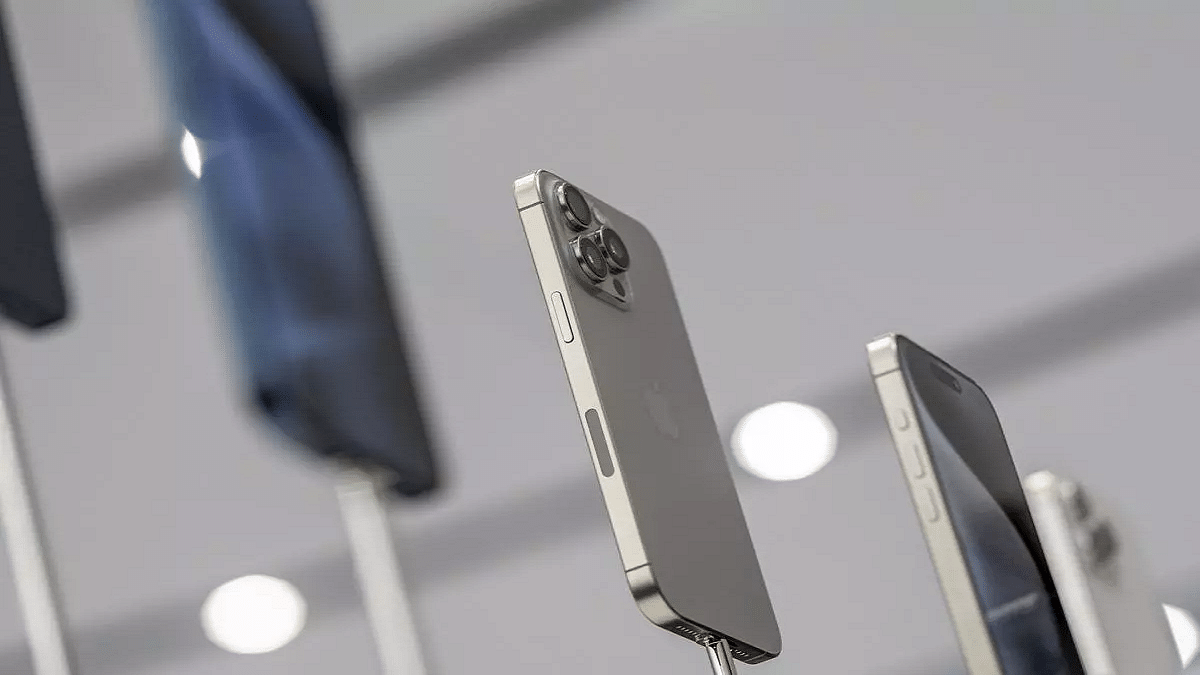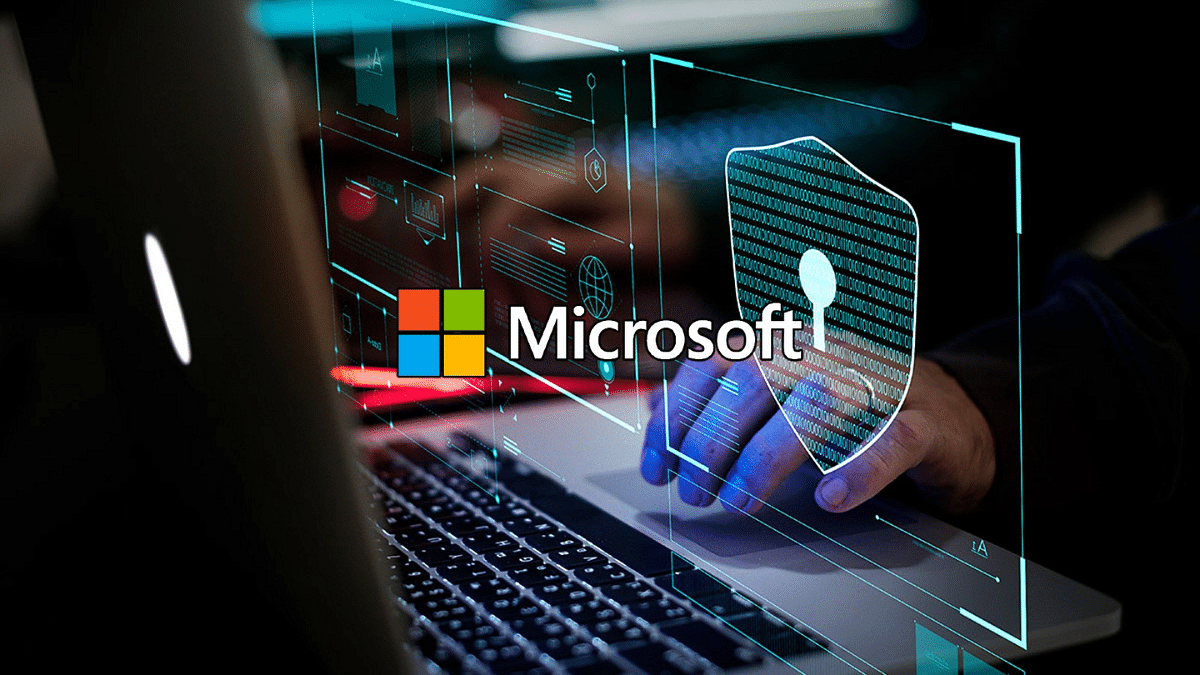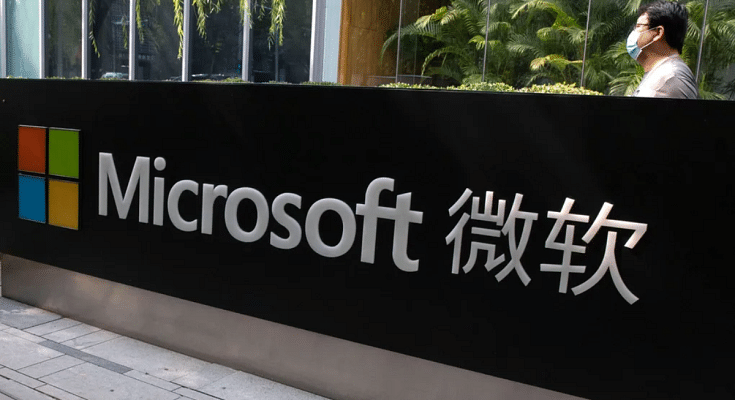Key Highlights
- Microsoft employees in China and Hong Kong must switch from Android to iPhones by September 2024
- The switch enhances security using Apple’s Face ID and Microsoft’s apps
- Microsoft will provide iPhone 15s and set up collection points for employees
In a significant policy shift, Microsoft has announced that all employees in China will be required to switch from Android smartphones to iPhones by September 2024. This directive was communicated through an internal memo to staff members in both mainland China and Hong Kong, as reported by Bloomberg.
Also Read | How To Maximize iPhone Battery Health: Tips & Tricks
Reason For The Shift

One of the primary reasons for this mandatory change is the absence of the Google Play Store in mainland China. Unlike in Hong Kong, where the Play Store is accessible, mainland Chinese users have depended on app stores operated by domestic brands such as Huawei and Xiaomi. Recently, Microsoft has restricted access to these platforms, necessitating a shift to a more universally accessible solution.
Ensuring Seamless Authentication
To ensure secure and efficient access to work systems, Microsoft is providing employees with iPhone 15 devices. The iOS ecosystem, with its available App Store in China, allows employees to use essential Microsoft applications like the Microsoft Authenticator password manager and the Identity Pass app without issues. These applications, which support Apple’s Face ID for biometric authentication, are crucial for verifying employee identities when logging into work computers or phones.
Dedicated Collection Points
Microsoft is setting up dedicated points within its facilities in China where employees can collect their new iPhones. This systematic approach is aimed at making the transition as smooth as possible for all staff members, ensuring they have the necessary tools to continue their work without interruption.
Heightened Cybersecurity Concerns

This directive comes in the wake of increasing cybersecurity threats faced by Microsoft. Earlier this year, the company disclosed a cyberattack by the Russian state-sponsored hacking group, Midnight Blizzard, which targeted several U.S. government agencies. This attack, characterized as a targeted reconnaissance mission, underscored the need for enhanced security measures. By transitioning to iPhones, Microsoft aims to bolster its cybersecurity defenses, leveraging the robust security features of Apple’s devices.
Also Read | Chatgpt Vs Microsoft Copilot: Which One Is A Better AI Tool?
A Strategic Move
The decision to switch to iPhones reflects a strategic move by Microsoft to ensure consistent and secure access to its services in a complex geopolitical landscape. While it addresses immediate security and accessibility concerns, this shift also underscores the broader challenges tech companies face in navigating international markets with varying regulatory and operational environments.
